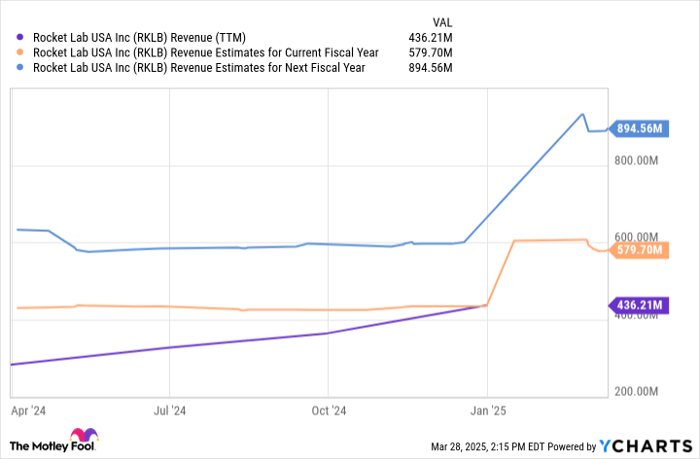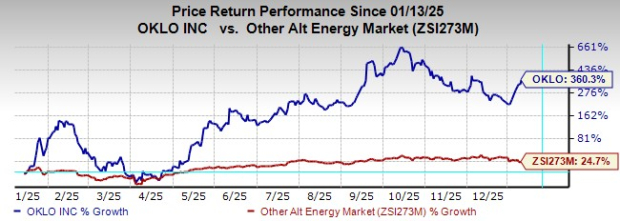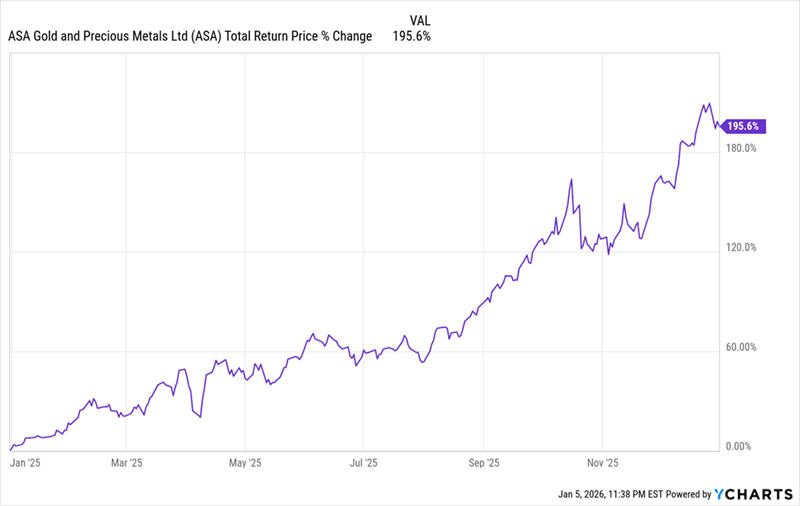Exploring Rocket Lab: A Viable Space Investment in a Growing Market
The space economy presents an intriguing investment landscape, but investors face a challenge due to limited publicly traded space stocks. While Elon Musk’s SpaceX dominates the industry with a valuation of $350 billion, it is not publicly available for investment. Rocket Lab USA (NASDAQ: RKLB) has emerged as a notable alternative. Despite a 40% drop from its peak, Rocket Lab shares remain up nearly 350% over the past year.
This burgeoning industry is backed by substantial growth potential; according to Accenture, the space economy could reach a value of $1.8 trillion within the next decade, with over 60,000 satellites anticipated to be in orbit by 2030.
Where to invest $1,000 right now? Our analyst team just revealed what they believe are the 10 best stocks to buy right now. Learn More »
Is Rocket Lab a legitimate contender, or is it destined to trail behind SpaceX? Let’s explore whether now is a good time for investors to consider this stock.
Rocket Lab: A Small Player with Big Ambitions
This year, SpaceX solidified its position as the world’s leading space launch provider. It has garnered widespread attention for its Starlink satellite constellation, which delivers internet services globally. In comparison, Rocket Lab, with a current market cap of $8 billion, is a smaller player in the field.
Rocket Lab focuses on small payload launches with its Electron rocket, having completed 62 launches to date, including 16 from earlier this year—an increase from 10 in 2023. The company plans to become an end-to-end space systems provider, engaging in launch services, spacecraft and satellite design and manufacturing, and software for space missions. This strategy positions Rocket Lab as a comprehensive service provider for space delivery.
In 2024, Rocket Lab’s total revenue reached $436 million, with projections suggesting it could double to approximately $894 million by 2026, largely due to its upcoming Neutron rocket. This rocket, designed for larger payloads than the Electron, positions Rocket Lab to compete more closely with SpaceX.

RKLB Revenue (TTM) data by YCharts
Rocket Lab hopes to launch Neutron for the first time later this year. The company is in contention for launch contracts with the U.S. Space Force that could be worth $5.6 billion and extend through 2029. As of the end of 2024, Rocket Lab reported a backlog worth $1.067 billion, evenly balanced between commercial and government clients.
Ultimately, Rocket Lab’s capacity to execute its launches and advance its technology will significantly impact its competition with SpaceX and its performance in the market. The potential for the space industry to evolve into a multitrillion-dollar sector offers substantial opportunities ahead.
Assessing Risks in Rocket Lab’s Business Model
While Rocket Lab showcases significant potential, investors must remain cautious. Though there is a strong long-term investment narrative, attention to share dilution and its effects on long-term stock performance is crucial. The company faces cash challenges, heavily investing in research and development, manufacturing for satellites and rockets, as well as acquisitions.
In 2024, Rocket Lab recorded a negative free cash flow of $116 million. Such losses are common in young companies, but investors should watch for signs of improvement as the business scales, aiming to limit dilution. An increase in the number of shares can reduce per-share revenue and earnings, ultimately impacting investment returns.
Management has made efforts to minimize dilution; since its public debut through a SPAC merger in 2021, the diluted share count has risen by only 10%. However, as the company faces $401 million in debt, it may increasingly rely on stock offerings for fundraising. Recently, Rocket Lab announced a $500 million share offering, representing about 6.25% of its current market cap.
Is Rocket Lab a Buy at Current Levels?
When compared to SpaceX, Rocket Lab’s valuation stands out. SpaceX’s estimated launch revenue for 2024 is projected at $4.2 billion, leading to a price-to-sales (P/S) ratio of about 29. Conversely, Rocket Lab currently has a P/S ratio of 21. While SpaceX’s established presence warrants a premium, investors may find Rocket Lab an appealing long-term investment given its growth potential. Doubling revenue by 2026 could significantly improve Rocket Lab’s valuation.
However, investors should view Rocket Lab as a speculative investment, best included as a smaller portion of a diversified portfolio. Despite its risks, the stock offers potential upside, particularly if the Neutron rocket launches successfully in the coming years.
Should You Invest $1,000 in Rocket Lab USA Today?
Before proceeding with a purchase of Rocket Lab USA stock, consider this:
The Motley Fool Stock Advisor analyst team recently highlighted their top 10 stock picks, and Rocket Lab USA was not among them. The recommended stocks may provide exceptional returns in the coming years.
Reflecting on past performance, consider Nvidia’s prominence among these recommendations on April 15, 2005. If you invested $1,000 at that time, you would now have $664,271*!
Stock Advisor offers investors a straightforward approach to success, complete with portfolio-building guidance and regular analyst updates, including two new stock picks each month. Since its inception in 2002, the Stock Advisor service has significantly outperformed the S&P 500.
*Stock Advisor returns as of April 1, 2025
Justin Pope has no position in any of the mentioned stocks. The Motley Fool has positions in and recommends Accenture Plc. The Motley Fool recommends Rocket Lab USA. The Motley Fool has a disclosure policy.
The views and opinions expressed herein are those of the author and do not necessarily reflect those of Nasdaq, Inc.







